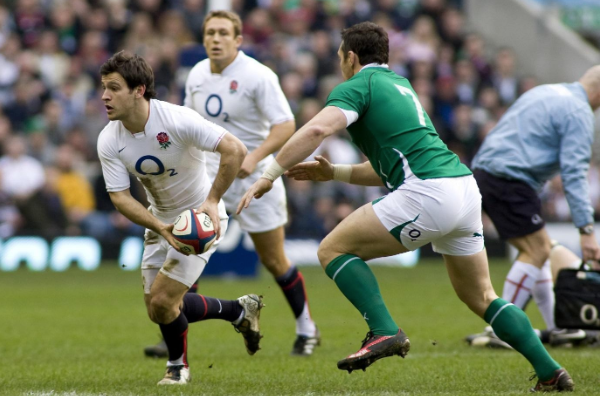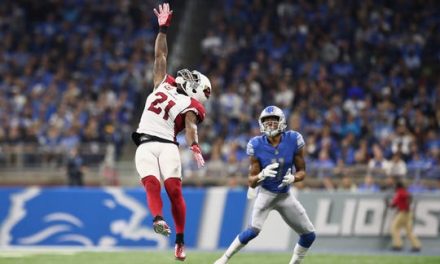
Credit – Shutterstock.com
With the Six Nations just around the corner and with England and Ireland battling it out for supremacy on the opening weekend, the two favourites in the Paddy Power odds will be hoping to start off in the best way they can as the winner of the match at the Aviva Stadium on the 2nd February is likely to become the winner of the 2019 Six Nations.
Both national teams have recently won the tournament, with Ireland winning it last year in spectacular fashion, winning the grand slam, while their opponents England won the competition in 2017, winning four of the five matches. Here we will take a look back at England’s 28th Six Nations championship and what they can learn from the tournament ahead of this year’s matches.
Match One – England vs France
Twickenham was the first stage of England’s Six Nations triumph in 2017 when they took on a strong France team. The continental European team didn’t lay down for England and challenged them every step of the way.
France took an early lead against the defending champions from 2016, but despite England suffering from a disappointing and lacklustre first half, the two teams entered half time all square at 9-9. Penalties from Owen Farrell kept England in the game and as both teams introduced fresh legs onto the field, England slowly began to take control.
Ben Te’o’s try with ten minutes of the game remaining boosted the Twickenham crowd and despite France trying to find a way back into the match after going behind, they were unable to break England down again.
Match Two – Wales vs England
An away trip to the Millennium Stadium in Cardiff to take on Wales was never going to be easy, and so it proved as the two teams battle it out in a close game. At half time Wales led the defending champions by 13 points to eight, after a Liam Williams converted try and two penalties from Stephen Halfpenny seemingly put the Welsh in control.
An hour into the match and Wales were leading 16-11 and were set for a famous victory over their neighbours. With ten minutes remaining though, England stepped up their game and a penalty from Farrell put them two points behind. Five minutes before the end Elliot Daly broke through the Wales defence to score a try and break Welsh hearts before Owen Farrell converted to give England a 21-16 victory.
Match Three – England vs Italy
Italy are the whipping boys of the Six Nations and very rarely to do win at the tournament. Having lost 33-7 against Wales and 63-10 against Ireland in the opening two games, there was little hope among the Italians of a famous victory over the favourites for the 2017 Six Nations.
England were in full control of the match, scoring six tries, three of which were successfully converted. Owen Farrell scored three penalties to give England a 36-15 victory over Italy at Twickenham and solidified their position at the top of the Six Nations table.
Match Four – England vs Scotland
The battle for the Calcutta Cup was likely to be intense, but I’m not sure anyone could have predicted the dominant display from England when they took on arch rivals Scotland at Twickenham. By the time Scotland got their first try on the 28th minute, England had already scored 20 points and were looking good for victory.
England took a 30-7 lead into half time and with Scotland on the back foot, England ramped up the pressure in the second half, winning the match 61-21. This win meant that for a second consecutive Six nations, England won the title with a game to spare.
Match Five – Ireland vs England
Having already won the Six Nations, the only thing England had left to play for was the grand slam, a clean sweep of five victories in five matches, but Ireland were no pushovers. Despite travelling to the Aviva Stadium in Dublin as the newly crowned Six Nations champions, England were denied the grand slam by an in form Irish side.
Three penalties was all England could come up with at the Aviva Stadium, while Ireland scored two penalties thanks to Johnny Sexton as well as a converted Iain Henderson try to secure a 13-9 victory over the Six Nations champions.









